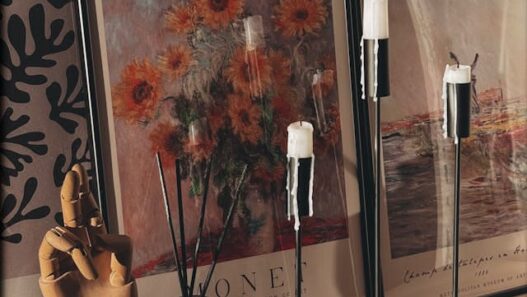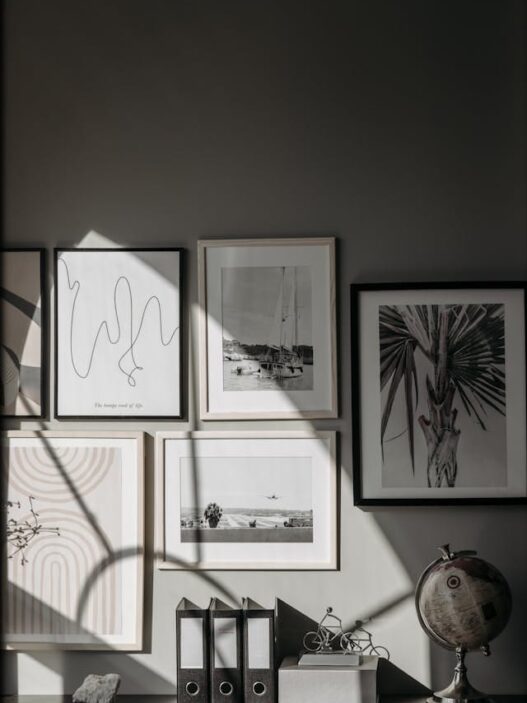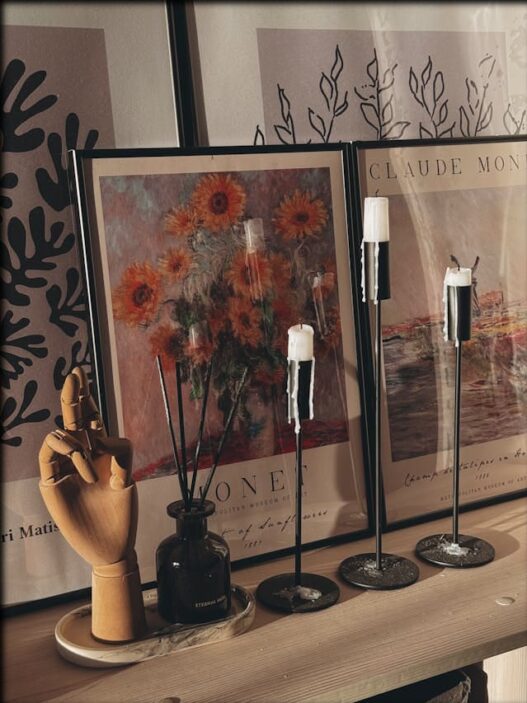-
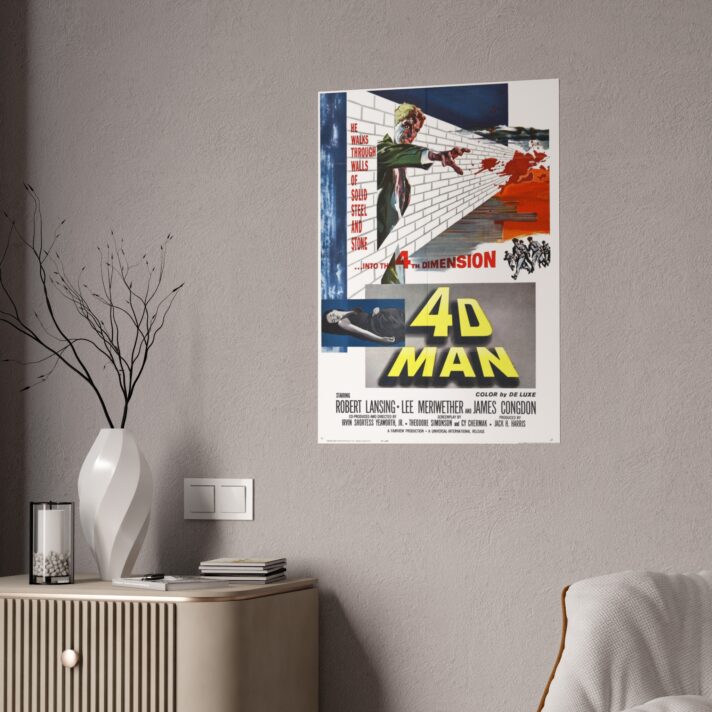

Vintage 4D Man Gloss Poster – Retro Sci-Fi Wall Art
Price range: $20.00 through $32.00 -
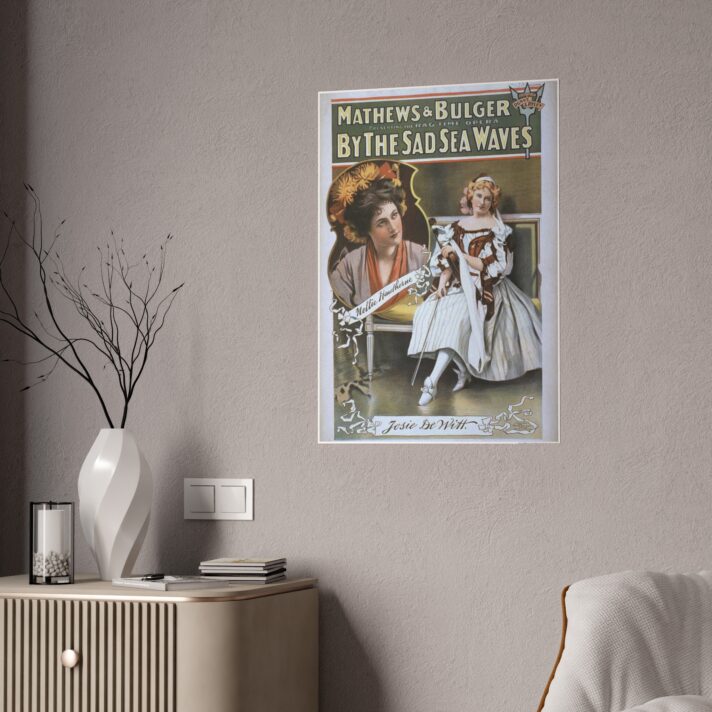

Vintage Gloss Poster – ‘By the Sad Sea Waves’ – Classic Art for Home Decor
Price range: $20.00 through $32.00 -


Vintage Military Gloss Poster – Keep ‘Em Flying – Patriotic Wall Art
Price range: $20.00 through $32.00
Protecting your valuable artwork from sunlight exposure is crucial in preserving its beauty and value. Sunlight, with its harmful UV rays, can fade colors, cause discoloration, and degrade materials over time. As we head into 2025, it is essential to take precautions to prevent sun damage. Here are some tips to help safeguard your art collection for the future.
1. Position Artwork Away from Windows
One effective method for safeguarding your artwork against sun damage is to hang it in areas away from windows that receive direct sunlight. Even if your artwork is not directly in the sun, UV rays can still penetrate through windows and harm it. To minimize the risk of sun damage, consider hanging your artwork on interior walls or in rooms with minimal natural light exposure.
2. Opt for UV-protective glass or plexiglass
Consider using UV-protective glass or plexiglass to create a barrier between your artwork and the sun when displaying it near windows or in spaces with natural light. This type of glazing can block up to 99% of harmful UV rays, preserving the colors and integrity of your artwork over time. Make sure to choose glazing specifically designed for UV protection for maximum effectiveness.
3. Ensure to regularly rotate the artwork
In order to prevent uneven fading and discoloration, it is important to regularly rotate your artwork to ensure that all pieces receive an equal amount of exposure to natural light. This will help reduce the impact of sun damage and extend the lifespan of your collection. Consider rotating your artwork every few months or seasonally to protect all pieces from UV rays.
4. Utilize Window Coverings
To provide extra protection for your artwork, besides using UV-protective glazing, you can utilize window treatments like blinds, curtains, or shades to shield it from direct sunlight. Installing UV-filtering window film or UV-blocking blinds can help minimize the amount of harmful UV radiation entering your space. This not only safeguards your artwork but also helps maintain stable temperature and humidity levels in your home, creating a more conducive environment for your collection.
5. Keep an Eye on Light Levels
Monitoring the light levels in your home or gallery is crucial to protect your artwork from excessive sunlight exposure. Utilize a light meter to measure natural light intensity and adjust your display to maintain levels below 50 footcandles. Implement dimmer switches or LED lights with UV filters to create a more controlled lighting environment for your artwork.
6. Manage the Temperature and Humidity Levels
Fluctuations in temperature and humidity can harm artwork by causing materials to expand and contract, leading to cracking, warping, and fading. To safeguard your artwork from sun damage, it is essential to control the temperature and humidity levels in your space. Consider investing in a dehumidifier or humidifier to maintain ideal humidity levels between 40-60% and utilize air conditioning or heating to regulate the temperature. Avoid placing artwork near vents, radiators, or other sources of heat or moisture to prevent damage.
7. Properly Store Artwork
To protect your artwork from sun damage, it is crucial to store it carefully. Store your pieces in a cool, dry, and dark area, away from sunlight and moisture. Use acid-free archival materials such as mat boards, tissue paper, and storage boxes to shield your artwork from environmental pollutants and harm. You may also want to consider utilizing a climate-controlled storage unit or cabinet for added protection.
8. Conservation Investment
If you have valuable or irreplaceable artwork, it is recommended to invest in professional conservation services in order to properly preserve and maintain your collection. Conservationists have the expertise to assess the condition of your artwork, identify any damage or deterioration, and provide recommendations for appropriate treatment and storage solutions to safeguard your investment. Whether it be cleaning, repair, framing, or restoration, conservationists can help protect your artwork from sun damage and ensure its longevity for future generations to appreciate.
In conclusion, it is crucial to protect your artwork from sun damage in order to maintain its beauty and value over time. By implementing these key tips and being proactive in safeguarding your collection, you can appreciate your artwork without concern of it fading, discoloring, or degrading due to sunlight exposure. As we approach 2025, it is increasingly important to prioritize the protection and preservation of your artwork to guarantee its longevity and appeal for future generations to enjoy.
-


Vintage 4D Man Gloss Poster – Retro Sci-Fi Wall Art
Price range: $20.00 through $32.00 -


Vintage Gloss Poster – ‘By the Sad Sea Waves’ – Classic Art for Home Decor
Price range: $20.00 through $32.00 -


Vintage Military Gloss Poster – Keep ‘Em Flying – Patriotic Wall Art
Price range: $20.00 through $32.00








